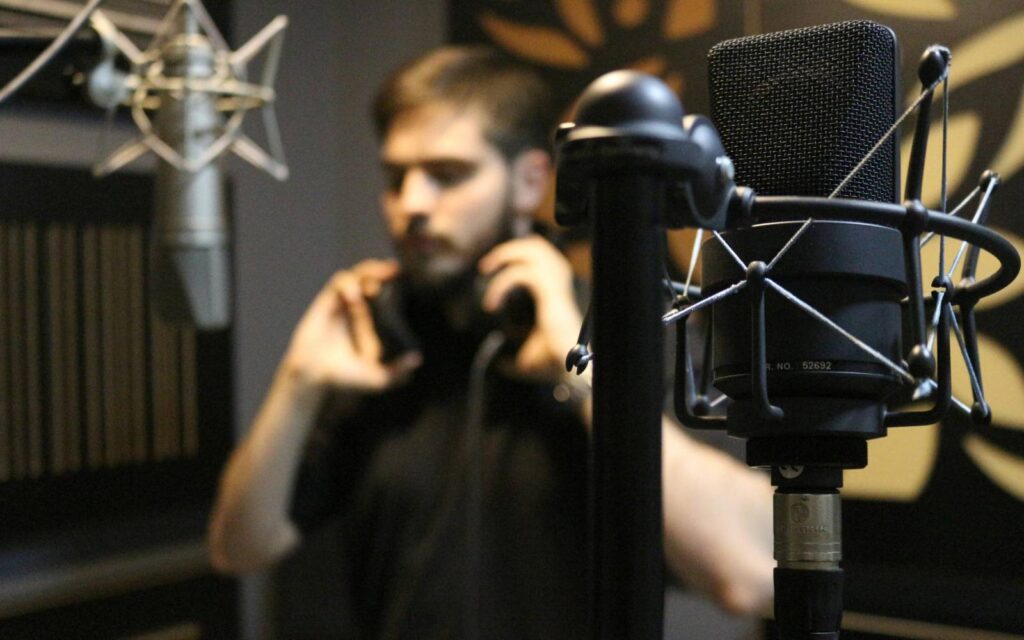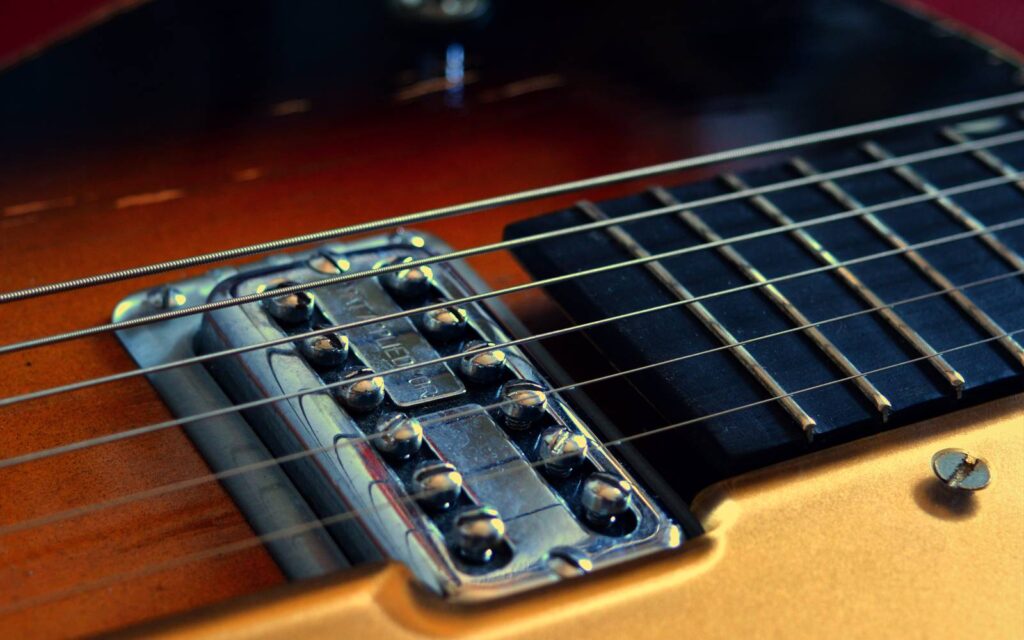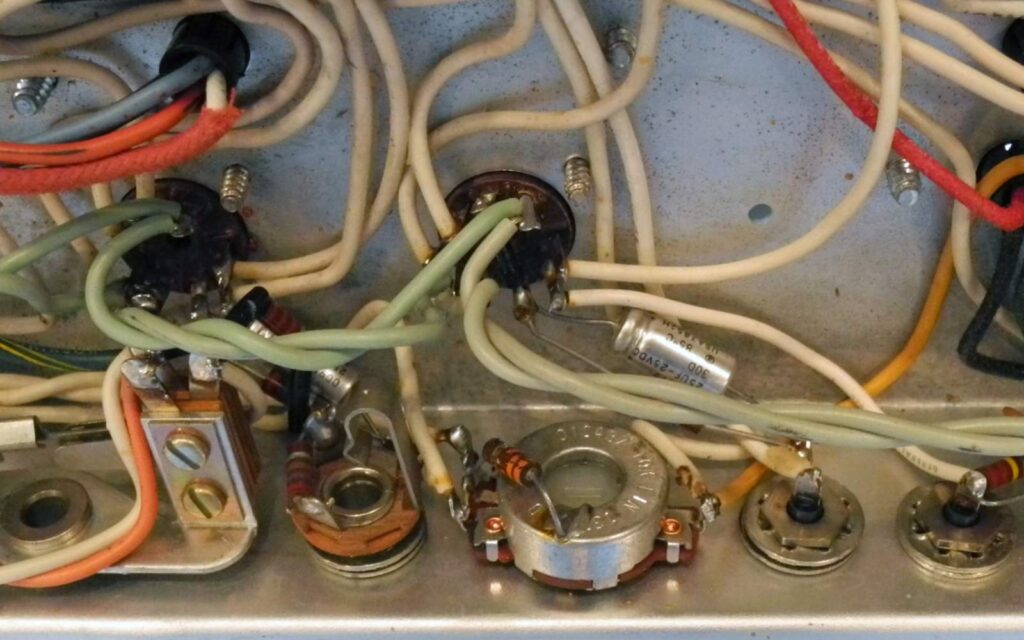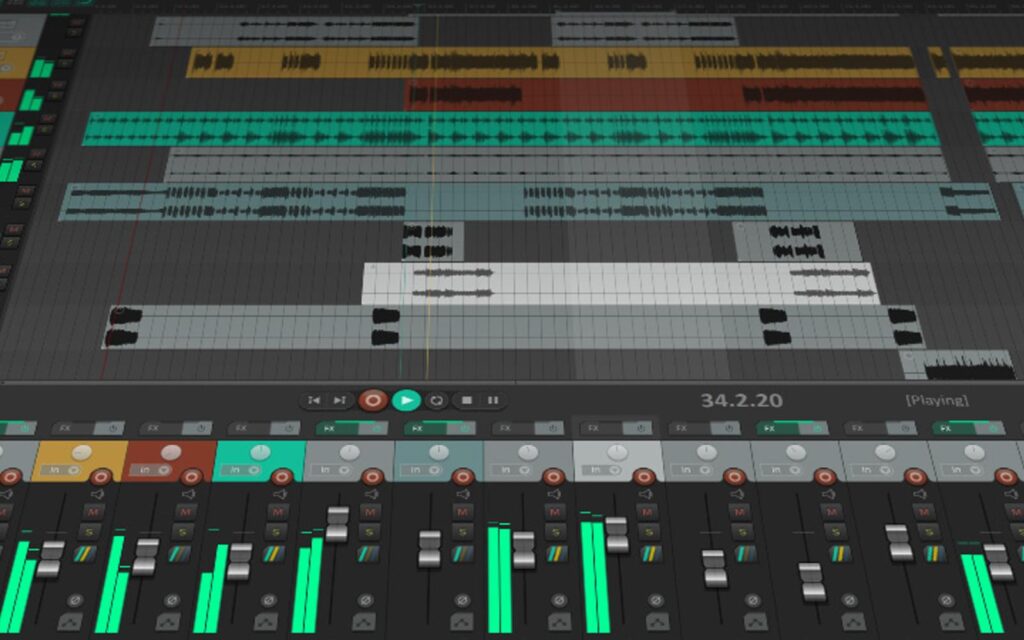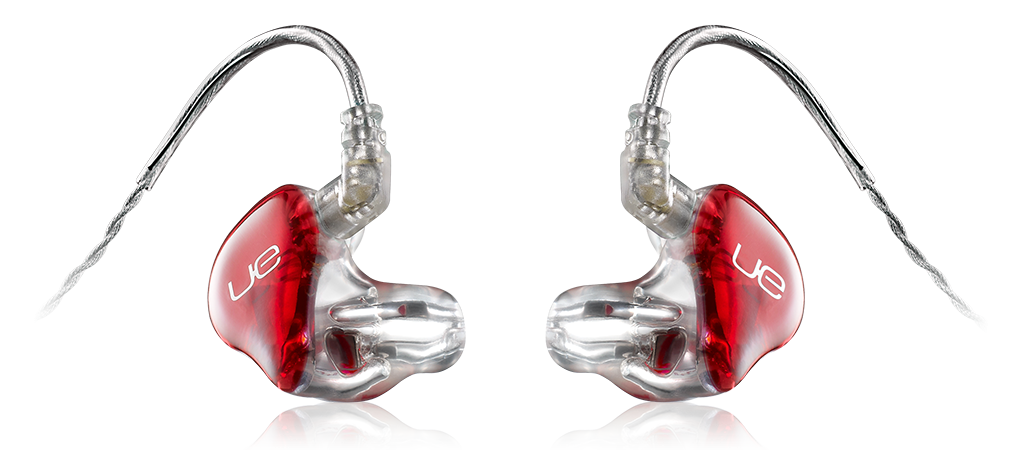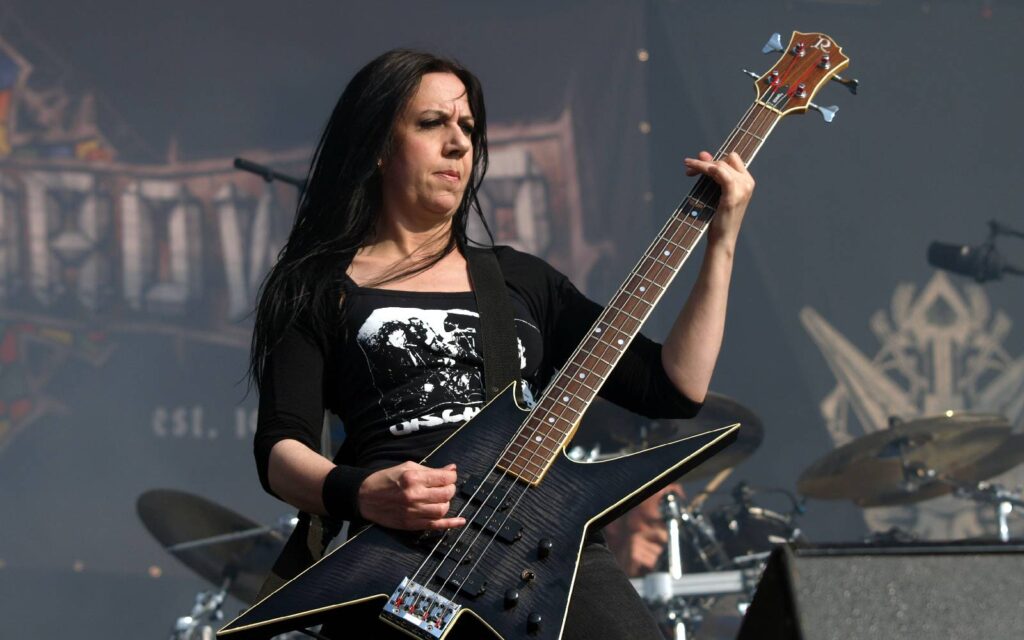Sprinter are a band from Boorloo (Perth), doing it themselves, for themselves.
On the back of a string of gigs with growing success, Sprinter decided to record their debut, self-titled album in a pub. Why, when, what why and how? Let’s find out.
Guys, congratulations on the release of Sprinter. How and why did you record the album yourself in a pub?
LACHIE – In November 2022 we got into a discussion about how we’d be recording music in the future. I think we collectively agreed that the standout aspect of our live show was the energy of the music. The challenge we faced was, “how can we capture the intensity of our live set, in the studio?” We floated the idea of live recording at the pub. We sat on the idea for a couple of weeks, and as time went on, a hands-on DIY approach felt like the obvious choice for us to solidify our sound, and to further develop the bones of the songs we had written.
After playing a New Years Eve set at Noggin Floggin Festival in an overflowing Four5Nine bar, it felt like the right fit for us. We recorded the set off the sound desk that night, and the vibe felt good. Over the next seven months we were carting a culmination of all our gear as well as whatever we could borrow off our friends, in and out of that bar for one and two day blocks.
Read up on all the latest features and columns here.
Most of the tracks on the album were already fairly developed and structured by the time we went to record, as we’d been gigging them for months. However there were some songs such as ‘Zipping’, ‘Desert Trooper’, and ‘Evil Wizard’, where for months we had been trying to figure out how to flesh out the bridges or how to end these songs. It would get to recording day and only then the song would figure itself out.
Have you got recording experience or did you dive in headfirst?
GUS – We all have a decent amount of experience in both professional studios and in a home recording setup, but there was definitely a fresh challenge in trying to combine those two worlds.
We decided to record the album ourselves partly from a cost perspective, but we also felt that the time restraint often felt in a professional studio meant that we couldn’t fully be creative in that recording setting.
It was really interesting going into sessions with some songs fully realised, but also allowing ourselves some room for spontaneity without the risk of wasting time or money.
Was someone assigned the role of ‘producer’ and ‘engineer’ or did it evolve?
GUS – Jon was definitely the lead engineer on the sessions, but we all own a decent amount of gear and have lots of different experience to draw on, so we definitely all contributed from both a technical standpoint and a production/tone shaping one.
How do songs begin for Sprinter? We’d love a breakdown of a ‘normal’ writing process for Sprinter, if there is one!
GUS – Our first port of call is usually a riff or basic guitar or bass idea, which can come from any of us. Then we usually just try and get in a room and figure out a basic form, some simple parts, and keep jamming them with variation until we can record a voice memo of the session.
We also often go back and revisit old ideas and demos, which can really help get over that roadblock you sometimes find when working on arrangements.
JON – A couple of the tunes started as little Ableton demos too, occasionally just one of us or maybe a couple of us jumping in a room with an idea.
How much do songs usually deviate from the original ideas?
JON – A lot! If a song starts with a demo that I’ve made, the final product often sounds completely different to the first incarnation. We try to create space in the songs so that everyone can put their own personal stamp on it. The Whip, for example, started out as a completely different song, but we kept the riff and created something new.
In the same way, often if a song has developed a bit but one of us doesn’t really like our part, we’re given space to experiment and find something new.
Can you list a few of the things you’ve learned after recording yourselves?
GUS – Through this process I’ve learned that my musical/creative brain and my technical brain aren’t always able to coexist. One of my biggest takeaways was how important it is to allow time for the technical things to work themselves out, so that the musical and creative efforts can be fully realised without having to worry about all the little annoying things that a temporary studio setup can bring.
How do you think a DIY approach to recording affected the overall outcome?
JON – I think the main thing going in was that we wanted to be able to spend more time with the songs and experiment more. We definitely got to do that! As a result, the songs feel more fully realised in arrangement and sonics than they might have been if we’d done them in a more time constrained environment, like a professional studio.
We chipped away at the recording and mixing across about a year, so different songs also tended to feature whatever we were into at the time – recording techniques, instruments, plugins etc. I’d only recorded/mixed a handful of releases in the past, so I definitely learnt a lot throughout the process!
Thanks for your time! As a closer, can you share any funny stories about the making of Sprinter?
GUS – We loved the sound of the industrial aircon unit in the venue turning on, so we recorded it and have snuck it into one of the tracks on the album. See if you can spot it!
MADI – A lot of parts actually evolved from us joking around! The drum intro to “Evil Wizard” was initially just me pretending it was a Metallica song as a joke. The bridge section of “The Whip” was a little idea I was trying out on the kit and Lachie just happened to play a note at the same time. We were immediately like – ‘that was pretty cool!’
Keep up with Sprinter here.


